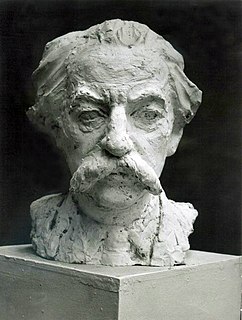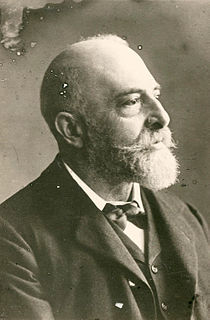A Quote by Susanne Katherina Langer
All persistent practices in art have a creative function. They may serve several ends, but the chief one is the shaping of the work.
Related Quotes
Civilization is to groups what intelligence is to individuals. It is a means of combining the intelligence of many to achieve ongoing group adaptation.
Civilization, like intelligence, may serve well, serve adequately, or fail to serve its adaptive function. When civilization fails to serve, it must disintegrate unless it is acted upon by unifying internal or external forces.
Art's effect is due to the tension resulting from the clash of the collocation of elements of two (or more) systems of interpretation. This conflict has the function of breaking down automatism of perception and occurs simultaneously on the many levels of a work of art ... All levels may carry meaning.
Philosophy, for Plato, is a kind of vision, the 'vision of truth'...Everyone who has done any kind of creative work has experienced, in a greater or less degree, the state of mind in which, after long labour, truth or beauty appears, or seems to appear, in a sudden glory - it may only be about some small matter, or it may be about the universe. I think that most of the best creative work, in art, in science, in literature, and in philosophy, has been a result of just such a moment.
In a sense, the first (if not necessarily the prime) function of a novelist, of ANY artist, is to entertain. If the poem, painting, play or novel does not immediately engage one's surface interest then it has failed. Whatever else it may or may not be, art is also entertainment. Bad art fails to entertain. Good art does something in addition.
(...) contemporary art has become a kind of alternative religion for atheists. (...) For many art world insiders and art aficionados of other kinds, concept-driven art is a kind of existencial channel through which they bring meaning to their lives. It demands leaps of faith, but it rewards the believer with a sense of consequence. Moreover, just as churches and other ritualistic meeting places serve a social function, so art events generate a sense of community around shared interests








































